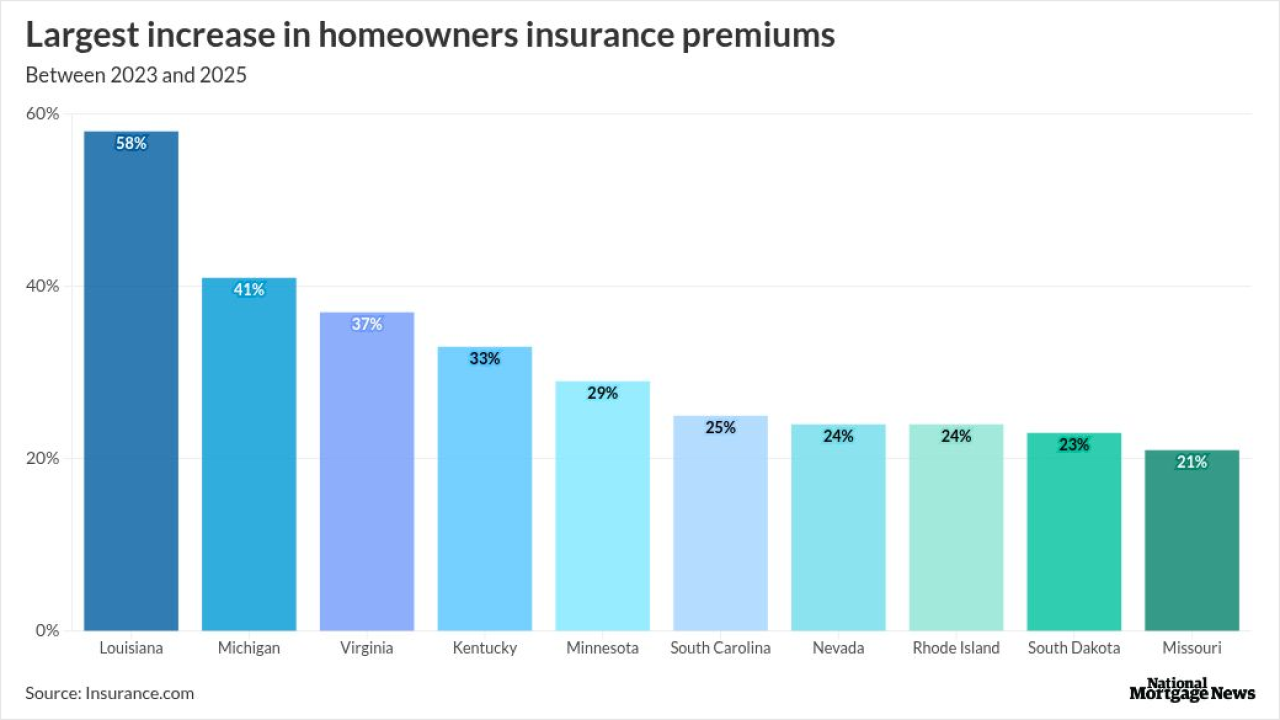- Key insight: Bank regulators typically offer supervisory relief for banks so they can offer credit during temporary hardships like shutdowns and natural disasters.
- What's at stake: Thousands of government workers and contractors could go without paychecks depending on how long the shutdown lasts.
- Forward look: It's not clear if the White House will try to withhold backpay from federal workers, affecting those workers' future creditworthiness and banks balance sheets.
WASHINGTON — House Financial Services Committee ranking member Maxine Waters, D-Calif., is asking regulators if they will give banks supervisory relief to work through missed payments from furloughed federal workers and contractors — relief regulators had offered in similar situations in the recent past.
Many federal workers find themselves without their usual paycheck after the
While furloughed workers are, by law, required to receive backpay, a new White House draft memo
In the past, bank regulators have encouraged lenders to work with consumers affected by the shutdown. The Federal Reserve, Conference of State Bank Supervisors, Consumer Financial Protection Bureau, National Credit Union Administration and the Office of the Comptroller of the Currency during the 2018-2019 federal shutdown
At that time, regulators told banks that whatever relief efforts they put in place would not be subject to examiner scrutiny, a move meant to give banks the freedom to meet their customers' needs, not unlike the kinds of relief banks and regulators routinely offer in the case of a
But this time, with the Trump administration directly targeting federal workers for layoffs, it's not clear if the same flexibility will be offered.
In a letter sent to the Fed, FDIC, OCC and CFPB Tuesday and shared with American Banker, Waters asked that the agencies, at minimum, affirm previously-issued guidance encouraging the institutions that they oversee to consider efforts to modify or offer new credit.
"Through no fault of their own, hundreds of thousands of Federal workers, servicemembers, and Federal contractors have been adversely impacted and may find it difficult to meet their credit obligations while they are not being paid," Waters said in the letter. "Moreover, any missed payments caused by the government shutdown could have undue, lasting impacts on their reported creditworthiness, making it difficult for them to obtain future credit or increasing their borrowing costs."
The effects of a government shutdown on financial institutions are
"We surely agree that prudent workout arrangements that are consistent with safe-and-sound lending practices are generally in the best interests of the financial institution, the borrower and the economy," Waters said in the letter. "The individuals and families who, through no fault of their own, face financial challenges that strain their ability to meet existing credit obligations depend on flexibility and continued access to affordable financial services and products from the financial institutions you regulate for their basic daily needs."
But in places with heavy concentrations of federal workers and contractors — including, but not limited to, the Washington D.C. metro area — borrowers whose income is dependent on the federal government can be significant. For those lenders, their ability to extend credit might be curtailed if regulators don't offer the same kind of relief they have in previous shutdowns.






